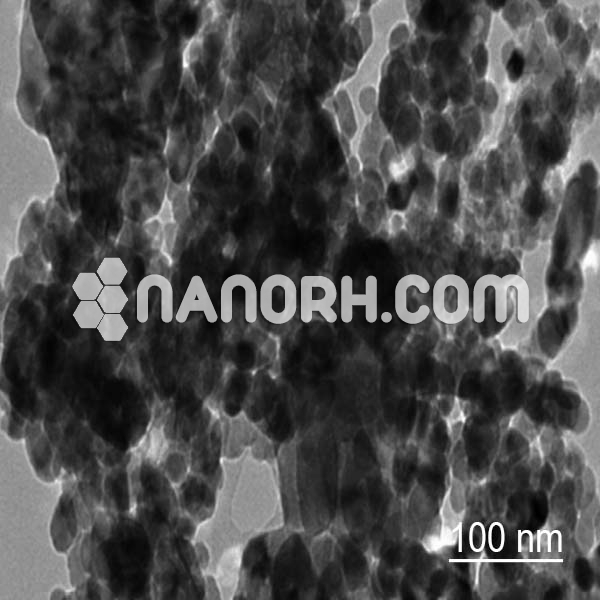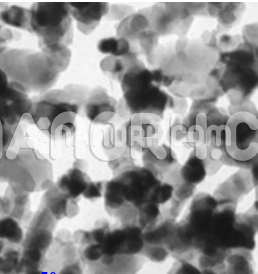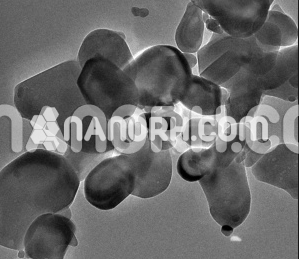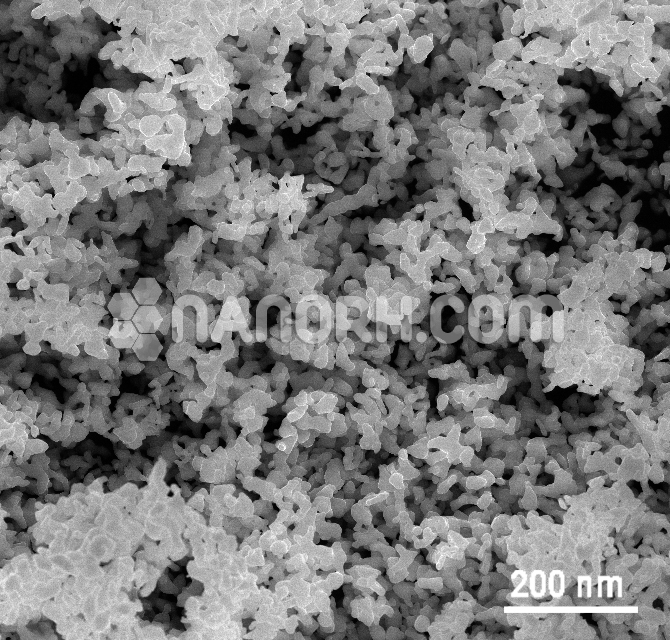Zinc Nanopowder / Nanoparticles (Zn, high purity, 99.9%, metal basis)
Zinc Nanopowder / Nanoparticles
| Zinc Nanopowder / Nanoparticles | |
| Product No | NRE-1051 |
| CAS No. | 7440-66-6 |
| Formula | Zn |
| APS | <100nm (Can be Customized) |
| Purity | 99.9% |
| Color | Gray |
| Molecular Weight | 65.39 g/mol |
| Density | 7.14 g/cm3 |
| Melting Point | 419.5 °C |
| Boiling Point | 907 °C |
Zinc Nanopowder / Nanoparticles (Zn) Application:
Zinc nanoparticles have a wide range of applications across various industries due to their unique properties and versatile nature. Here are some of the key applications of zinc nanoparticles:
Antimicrobial Coatings: Zinc nanoparticles are known for their antimicrobial properties. They can be incorporated into coatings for surfaces, such as hospital equipment, door handles, and packaging materials, to inhibit the growth of bacteria and viruses. This is particularly important for maintaining hygiene and preventing infections.
Sunscreen: Zinc oxide nanoparticles are commonly used in sunscreen formulations. They provide effective protection against harmful UV radiation while appearing transparent on the skin, making them a popular choice for sunscreens.
Catalysis: Zinc nanoparticles can act as catalysts in various chemical reactions. They have been used in the production of chemicals, including organic compounds and pharmaceuticals, by facilitating and accelerating reactions.
Optoelectronics: Zinc nanoparticles are used in the fabrication of optoelectronic devices such as light-emitting diodes (LEDs) and photodetectors due to their semiconducting properties.
Batteries: Zinc nanoparticles are being researched for their potential use in batteries. Zinc-air batteries, for example, use zinc nanoparticles in the anode to generate electricity, and they have applications in portable electronic devices and electric vehicles.
Corrosion Protection: Zinc nanopowder can be added to coatings and paints to provide corrosion protection to various metal surfaces. This is especially useful in the automotive and construction industries.
Drug Delivery: Zinc nanopowder can be utilized in drug delivery systems. They can encapsulate drugs and release them slowly, offering controlled drug release profiles and potentially improving the effectiveness of medications.
Water Treatment: Zinc nanopowder can be employed in water treatment processes to remove contaminants like heavy metals, organic pollutants, and pathogens. They can also be used for disinfection and the purification of drinking water.
Electronics: Zinc nanopowder is used in the production of conductive inks and pastes for printed electronics. They can be applied in flexible electronic circuits and printed sensors.
Photocatalysis: Zinc oxide nanoparticles, in particular, have photocatalytic properties, making them useful for applications such as water purification, air purification, and the degradation of organic pollutants in wastewater.
Nanocomposites: Zinc nanopowder can be incorporated into various materials, such as polymers and ceramics, to enhance their mechanical, electrical, and thermal properties. This is valuable in the development of advanced materials.
Food Packaging: Zinc nanopowder can be used in food packaging materials to extend the shelf life of food products. They can help prevent microbial growth and maintain food quality.
Biomedical Imaging: Zinc nanopowder is explored as a contrast agent in biomedical imaging techniques like magnetic resonance imaging (MRI) and computed tomography (CT) scans, aiding in disease diagnosis.
Sensors: Zinc nanopowder can be integrated into sensors for various applications, including environmental monitoring, gas sensing, and biosensing.
Energy Storage: Zinc nanopowder is researched for its potential use in advanced energy storage systems, such as supercapacitors, due to its high surface area and electrochemical properties.




